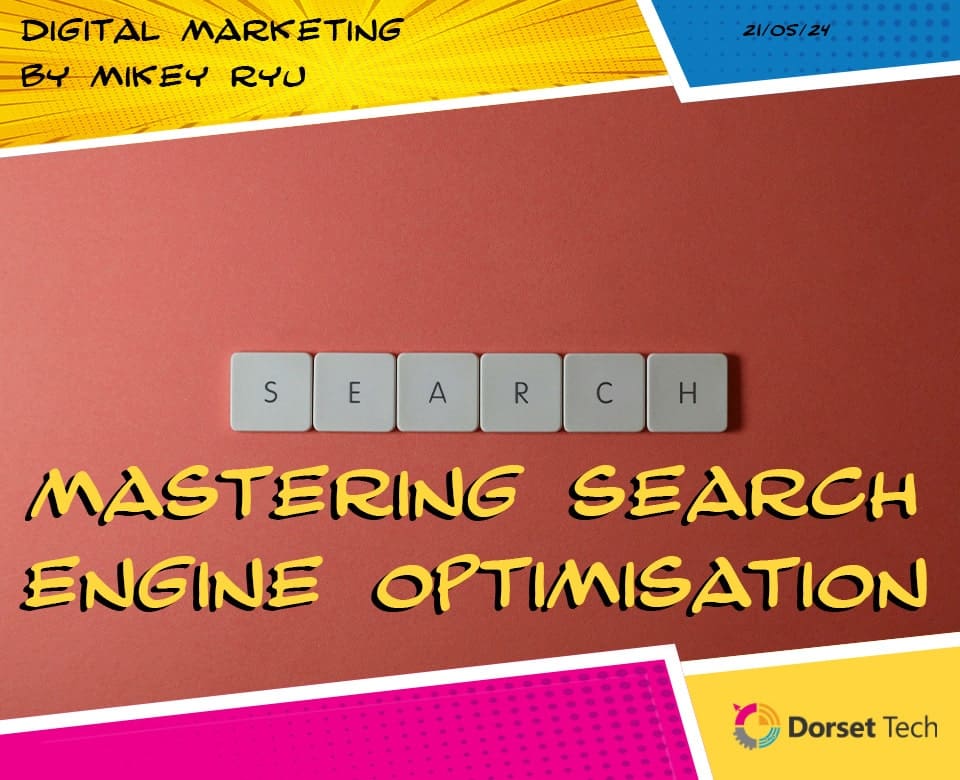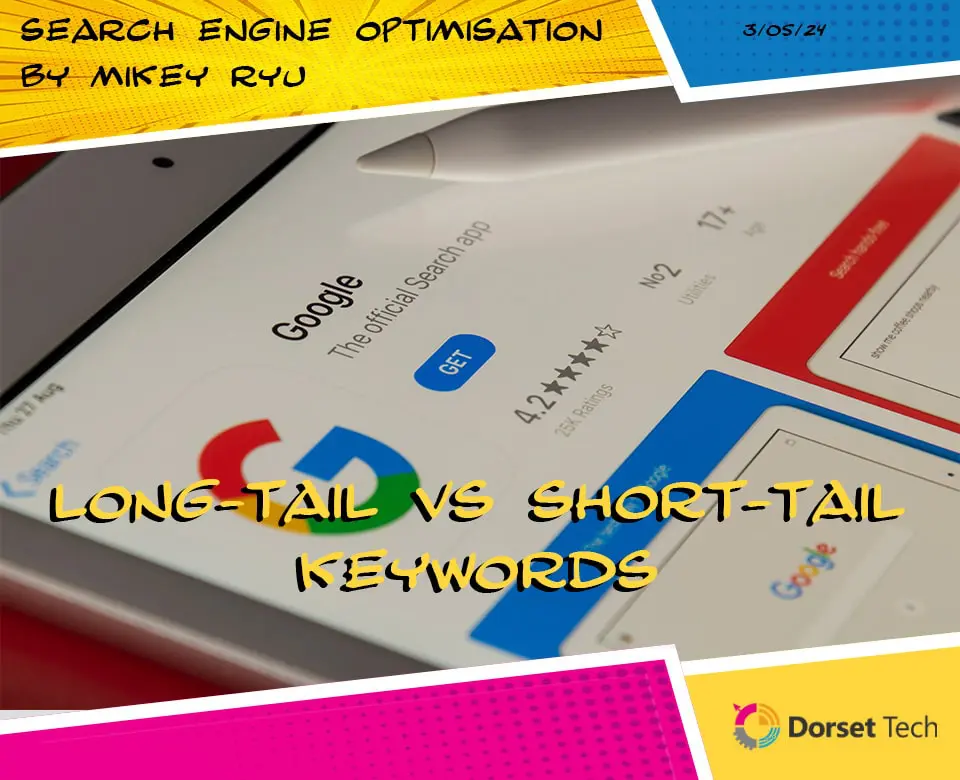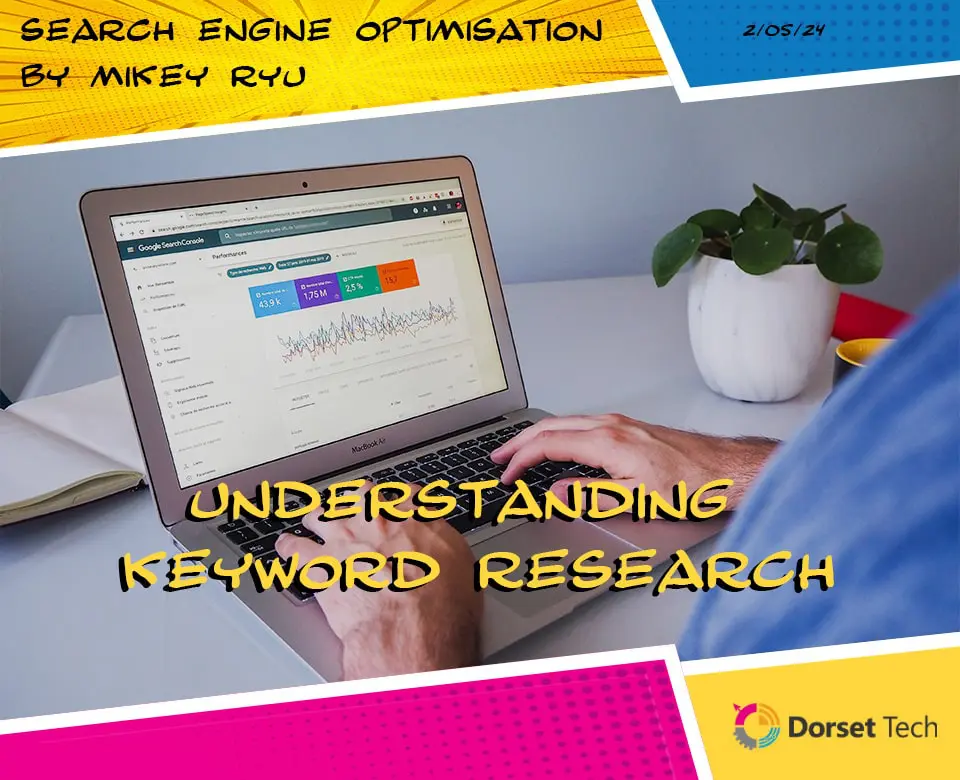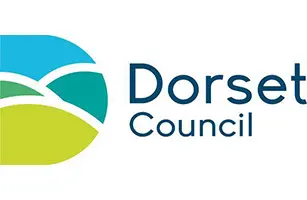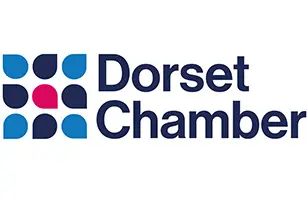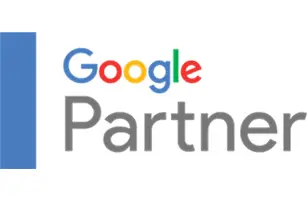
Search Engine Optimisation in 2024!
In the ever-evolving digital ecosystem, staying ahead of the curve is crucial for online visibility and success. As we step into 2024, Search Engine Optimization (SEO) continues to play a pivotal role in shaping the digital landscape. Understanding the dynamics of SEO is essential for businesses and individuals alike, as it directly impacts website ranking, traffic, and overall online presence. Let’s delve into the world of SEO, exploring its significance, key terminologies, implementation strategies, emerging trends, benefits, and best practices.
1. What is SEO?
SEO, or Search Engine Optimisation, is the practice of optimising a website to improve its visibility and ranking on search engine results pages (SERPs). The primary goal is to enhance organic (non-paid) traffic to a website through higher rankings for relevant search queries. SEO encompasses a range of techniques, including on-page optimisation, off-page optimisation, technical SEO, and content optimisation.
2. Why is SEO Important?
In the digital age, where the internet is the first stop for information, the importance of SEO cannot be overstated. Here are some key reasons why SEO is crucial:
Increased Visibility:
SEO helps your website appear prominently on search engines, making it more likely for users to discover your content.
Credibility and Trust:
Websites that appear at the top of search results are often perceived as more trustworthy and credible by users.
Targeted Traffic:
SEO allows you to target specific keywords relevant to your business, ensuring that the traffic driven to your site is more likely to convert.
Better User Experience:
Optimising your site for search engines often leads to an improved user experience, including faster loading times and mobile responsiveness.
3. Important SEO Terminology
Before diving into the intricacies of SEO, it’s essential to be familiar with key terminologies:
Keywords:
These are the terms and phrases users type into search engines when looking for information.
SERP:
Search Engine Results Page is the page displayed by search engines in response to a user’s query.
Backlinks:
Links from external websites to your site, indicating its credibility and authority.
Crawling and Indexing:
The process by which search engines discover and categorize web pages.
Algorithm:
The set of rules or formulas used by search engines to determine rankings.
4. How to do SEO
Implementing SEO involves a combination of on-page and off-page strategies. Here’s a brief overview:
On-Page Optimisation:
- Keyword Research: Identify relevant keywords for your content.
- Content Creation: Develop high-quality, informative, and engaging content.
- Meta Tags: Optimise title tags, meta descriptions, and headers.
- URL Structure: Create SEO-friendly URLs.
Off-Page Optimization:
- Link Building: Acquire high-quality backlinks from reputable websites.
- Social Media Presence: Utilize social platforms to share content and engage with your audience.
Technical SEO:
- Mobile Optimisation: Ensure your site is mobile-friendly.
- Page Speed: Optimise loading times for better user experience.
- XML Sitemap: Submit a sitemap to search engines for efficient crawling.
5. Benefits of SEO
The advantages of investing in SEO are multifaceted:
Cost-Effectiveness:
Compared to paid advertising, organic traffic through SEO provides a more sustainable and cost-effective solution.
Long-Term Results:
SEO efforts, when done right, can yield long-lasting results, ensuring a consistent flow of organic traffic over time.
Global Reach:
SEO enables businesses to reach a global audience, breaking down geographical barriers.
6. Best Practices of SEO
To ensure effective SEO implementation, follow these best practices:
Regular Content Updates:
Keep your content fresh and relevant to maintain search engine interest.
Mobile Optimisation:
Given the increasing use of mobile devices, ensure your site is optimised for mobile users.
Quality Link Building:
Focus on acquiring high-quality backlinks from authoritative websites in your niche.
User-Intent Optimisation:
Create content that aligns with user intent to improve rankings and user satisfaction.
In conclusion, SEO will remain an integral part of the digital landscape in 2024. Adapting to emerging trends, understanding key terminologies, and implementing best practices are essential for navigating the dynamic world of search engine optimisation. By prioritising SEO, businesses and individuals can unlock the full potential of their online presence, reaching and engaging with their target audience in an ever-expanding digital realm.


